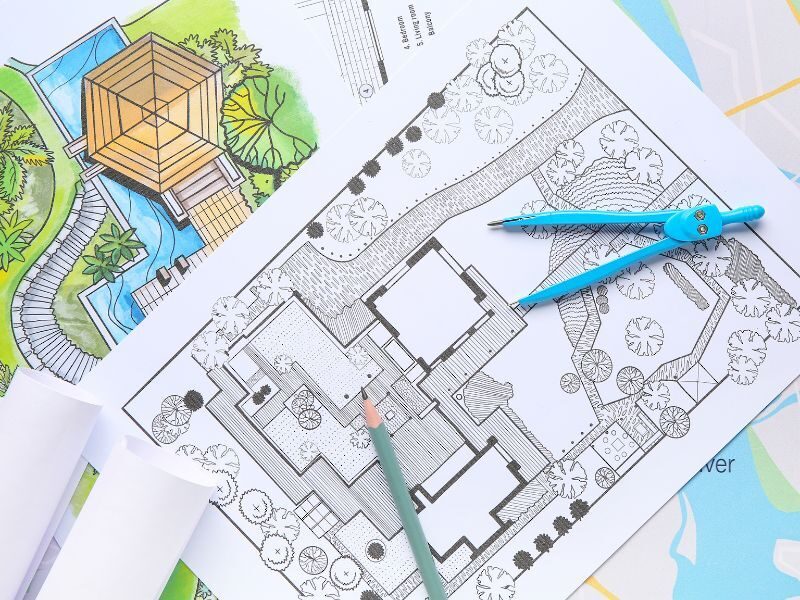Attachment Parenting: Being Good Enough
People are relationship driven; it is a biological human need. And how we relate to others is based in large part on how we were taught to relate to our family members. I like to think that we all do the best we can with the skills we have. The more we know, the more skills we have and the better we can do. This is something I learned from author Maya Angelou and it makes a lot of sense to me.
To be the best parent you can be, it’s helpful to understand attachment, relationships and the meaning of behaviour in order to be more empathic and have strong relationships.
Attachment is a fundamental, biologically-based human need. Babies are completely dependent on their caregiver to meet their needs and read their cues. Their coo or whine might signal a need that your baby has, and you would interpret and meet that for them. This interaction provides a foundation for healthy development. Having a caregiver who can provide safety and security as well as interpret and meet a baby’s needs has an impact on its developing brain. As a parent, we might not read every cue or meet every need, but if we are good enough, we create a healthy environment for our child to thrive. Then, as they grow older, attachment is a safety net for healthy development. Feeling secure in relationships provides comfort on one hand and support for exploring the world on the other. So really, parenting is about being good enough to allow our child to grow.
All behaviour has meaning; it is a way of communicating our feelings and expectations about our relationship needs. How we get those needs met changes with development. When we understand our child’s attachment needs underneath behaviour, we can respond in ways that help them sort out their feelings and needs. For example, if our teenager comes home in a foul mood and says they don’t want to talk, but continues to hang around almost looking for an invitation to get something off their chest, its best to let them know you are there if and when they do want to talk. In order to understand and interpret our child’s needs, we must be able to step back from their behaviours to consider what they mean in terms of needs.
One of the foundational skills of relationships is empathy – the ability to step out of your own experience and understand what another person is experiencing from their perspective. It doesn’t mean you have to agree with them, but it is a critical skill in relationships as it helps us understand and meet the other person’s needs. As an example, your teenager might stomp and scream because all her favourite shirts are in the laundry. As an adult, we would just grab another shirt. However, appearances and fitting in are very important for teenagers and if they believe they might meet someone special at that party, it is critical to them that they look their best. Responding to this with the skill of empathy “it’s frustrating the shirt you want is dirty!” often helps them calm down quickly and be able to better problem solve. Once you learn and practice this skill, you will find it improves your relationship and helps you work with your child on more appropriate behaviours.
As parents, we must also show ourselves empathy. A baby, child and youth cannot fully appreciate our needs.Therefore, it’s important to be aware of our needs, have the ability to set them aside in the moment, and focus on our kids. It is also important to ensure we meet our needs in our adult relationships.
Celebrating relationships is important. Whether it is traditions like birthday parties or an impromptu game of cards, celebrations strengthen our relationships. A stronger relationship gives us more influence on our children and their behaviours. While there is still a need for limits and consequences in parenting, the strength of the relationship will prevail during difficult times and will have much more influence.
I really believe in the power of relationships. In my role at Lutherwood, I find that building a good professional relationship with my clients helps me support them as they improve their lives. I have seen the impact of teaching parents about these concepts and helping them to do better as a result of having more information and skills. I find it reassuring that being a good parent, is about being good enough. We will all have days where we don’t get it right and that’s okay. Chalk it up to learning, be able to be kind to yourself and show yourself empathy. Remember this skill will come with practice both for you and others. Don’t forget to give yourself a pat on the back every once and a while. One of the things I often say to parents is that nobody is a parent because it pays well; it might be the toughest thing you will ever do.
Instagram Feed
“Volunteering at Starling's Children’s Mental Health Services solidified my desire to work with children and adolescents for the rest of my life. I left my first day of volunteering and called my mom to let her know that I’ve found my passion and I am SO grateful for the opportunity to pursue my passion volunteering at Starling.”












